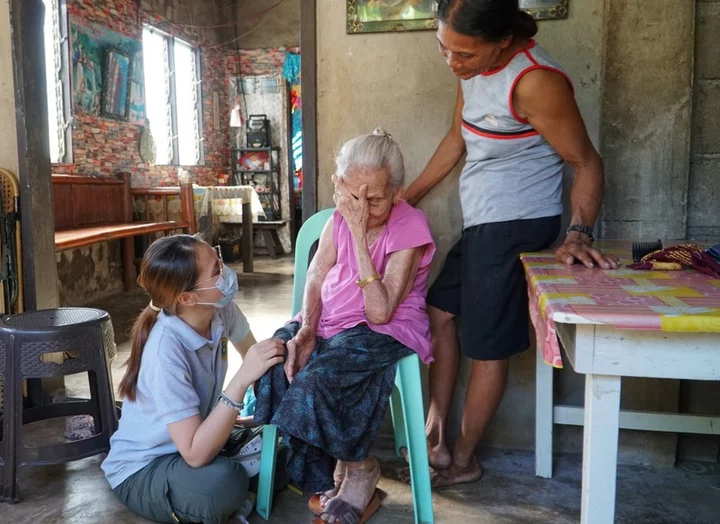
Agutaya archipelago doctor who cared for 13,000 people on her own
The pandemic was far from Dr Alena's only challenge on a far-flung archipelago in the Philippines.
2023-06-10 07:51

Arsenal transfer news: Pepe contract termination considered; Caicedo talks continue
Tuesday's Arsenal transfer rumours, with updates on Nicolas Pepe, Moises Caicedo, Declan Rice, Folarin Balogun & more.
2023-06-13 21:46
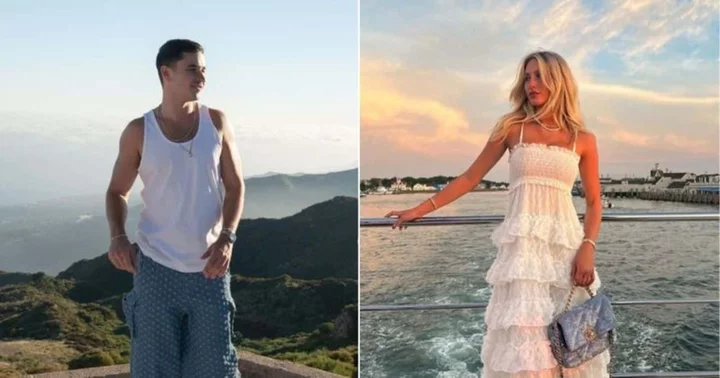
Alix Earle and DJ John Summit spark feud rumors after TikTok star appears annoyed in ESPN video
TikTok sensation Alix Earle has finally addressed the viral video that left many puzzled
2023-09-02 16:18

UFC: Grasso vs Shevchenko 2 card in full as title fight headlines this weekend
Alexa Grasso will defend the UFC women’s flyweight title against Valentina Shevchenko this weekend, nine months after dethroning the longtime champion. Grasso submitted Shevchenko in the fourth round in March, ending the Kyrgyzstani fighter’s five-year reign atop the division – as well as her nine-fight win streak. In doing so, 30-year-old Grasso became just the second Mexican champion in UFC history, and she is now her nation’s only reigning title holder. Can Shevchenko, 35, reverse the result on Saturday? Fans will find out as she and Grasso headline a Fight Night event in Las Vegas – marking a rare move for the UFC, which typically saves title bouts for pay-per-views. Here’s all you need to know. We may earn commission from some of the links in this article, but we never allow this to influence our content. This revenue helps to fund journalism across The Independent. When is the event? This week’s UFC Fight Night will take place on Saturday 16 September, at the T-Mobile Arena in Las Vegas. The prelims are set to begin at 12am BST on Sunday 17 September (4pm PT, 6pm CT, 7pm ET on Saturday), with the main card following at 3am BST (7pm PT, 9pm CT, 10pm ET on Saturday). How can I watch it? The card will air live on TNT Sports in the UK, with the broadcaster’s app and website also streaming the fights. In the US, ESPN+ will stream the action live, as will the UFC’s Fight Pass. If you’re travelling abroad and want to watch the event, you might need a VPN to unblock your streaming app. Our VPN round-up is here to help and includes deals on VPNs in the market. Viewers using a VPN need to make sure that they comply with any local regulations where they are and also with the terms of their service provider. Odds Grasso – 13/10 Shevchenko – 8/13 Full odds via Betway. • Get all the latest UFC betting sites’ offers Full card (subject to change) Main card Alexa Grasso (C) vs Valentina Shevchenko 2 (women’s flyweight title) Kevin Holland vs Jack Della Maddalena (welterweight) Raul Rosas Jr vs Terrence Mitchell (bantamweight) Daniel Zellhuber vs Christos Giagos (lightweight) Fernando Padilla vs Kyle Nelson (featherweight) Prelims Loopy Godinez vs Elise Reed (women’s strawweight) Roman Kopylov vs Josh Fremd (middleweight) Edgar Chairez vs Daniel Lacerda (flyweight) Tracy Cortez vs Jasmine Jasudavicius (women’s flyweight) Natan Levy vs Alex Reyes (lightweight) Josefine Knutsson vs Marnic Mann (women’s strawweight) Read More Sean Strickland shocks Israel Adesanya and MMA world with title win at UFC 293 Israel Adesanya’s coach reveals strange request after shock loss to Sean Strickland Two fighters apologise for using homophobic slurs at UFC 293 GB Taekwondo to pick ‘best person’ as Olympic selection dilemma looms Khabib coach predicts Conor McGregor vs Michael Chandler outcome What is TKO? The UFC and WWE merger explained
2023-09-15 16:56
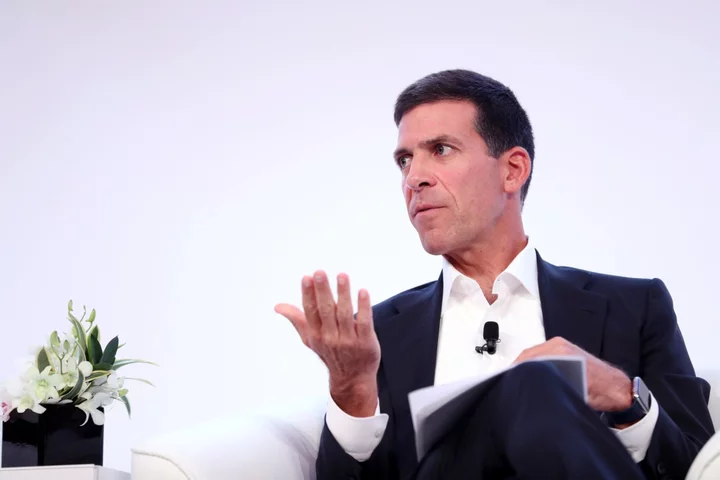
TCW’s Koch Sees Potential Hard Landing Ahead: Bloomberg Invest
The Bloomberg Invest conference resumed Thursday with some of the most influential leaders in finance gathering in New
2023-06-09 00:49

Celine Dion makes whopping $20M profit from sale of luxurious Las Vegas mansion amid health battle
Celine Dion has reportedly sold her mammoth Las Vegas residence to private equity investor Chuck Esserman
2023-06-02 20:17

'Dune: Part Two' delayed to 2024 as Hollywood strikes drag on
"Dune: Part Two," the long-awaited sequel to Denis Villeneuve's sci-fi epic "Dune" from 2021, has been delayed, Warner Bros. announced on Thursday.
2023-08-26 04:17

Snowflake Advances its Trusted Data Foundation to Unite All Data and Extend Its Powerful Governance Capabilities
No-Headquarters/BOZEMAN, Mont.--(BUSINESS WIRE)--Nov 1, 2023--
2023-11-02 00:17
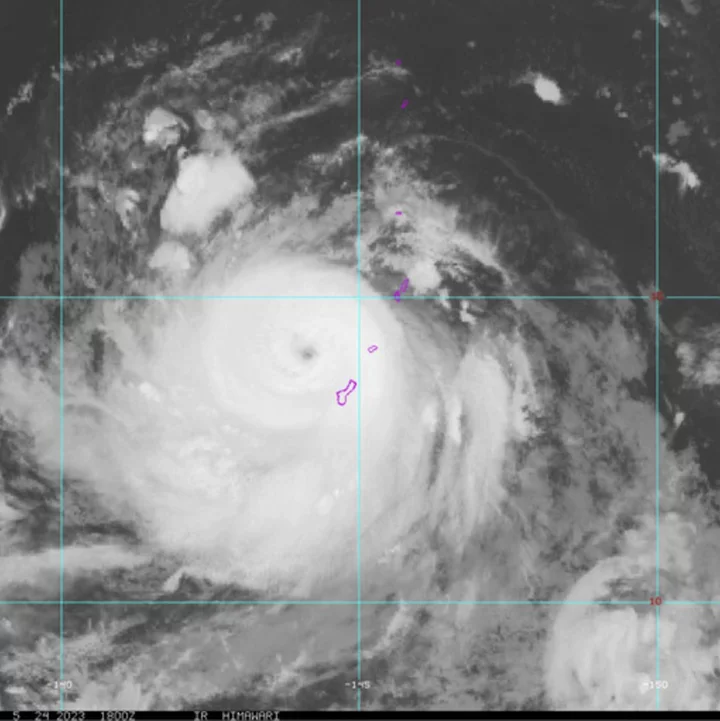
What makes a storm a typhoon? What's a super typhoon?
Typhoon Mawar was a Category 4 super typhoon with maximum sustained winds of 150 mph or greater when it crossed the northern tip of Guam on Wednesday night
2023-05-25 11:25

Whoopi Goldberg admits ‘The View’ co-hosts are ‘stumbling through’ amid writers strike
Whoopi Goldberg issued a stark warning as blunders and gaffes take over 'The View' without writers
2023-05-17 11:25
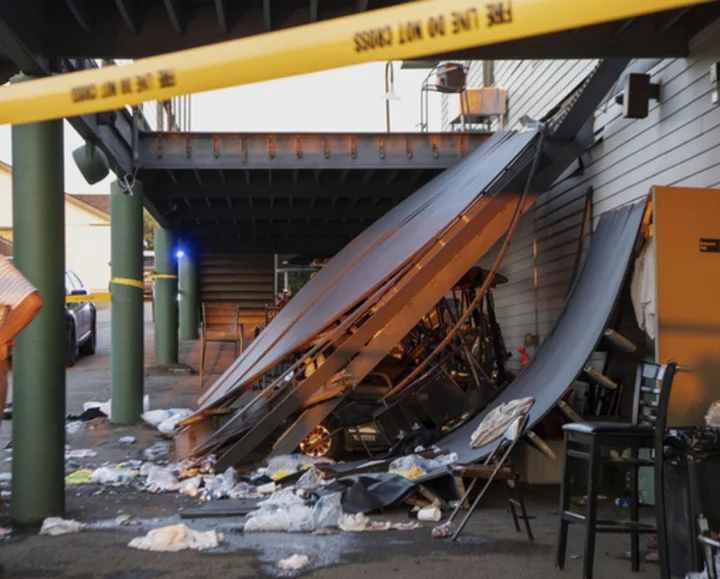
Deck collapse at Montana country club leaves more than 30 injured as people land atop each other
A deck has collapsed at a Montana country club, leaving more than 30 injured
2023-07-24 04:21
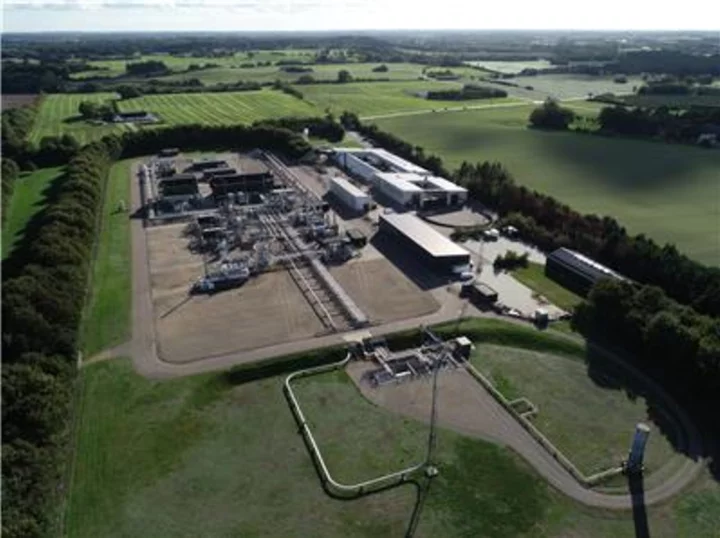
Gas Storage Denmark: Call for Interest
STENLILLE, Denmark--(BUSINESS WIRE)--Jul 12, 2023--
2023-07-12 18:48
You Might Like...

Altus Power, Inc. Announces Third Quarter 2023 Financial Results

New Zealand police suspect arson caused hostel fire that killed six

Prince Harry and Meghan's deal with Spotify to end

'Love Island USA' Season 5 star Destiny Zammarra calls out Marco Donatelli for being 'macho man' in villa

U.S. unemployment claims drop by 24,000 to 209,000, another sign of labor market resiliency
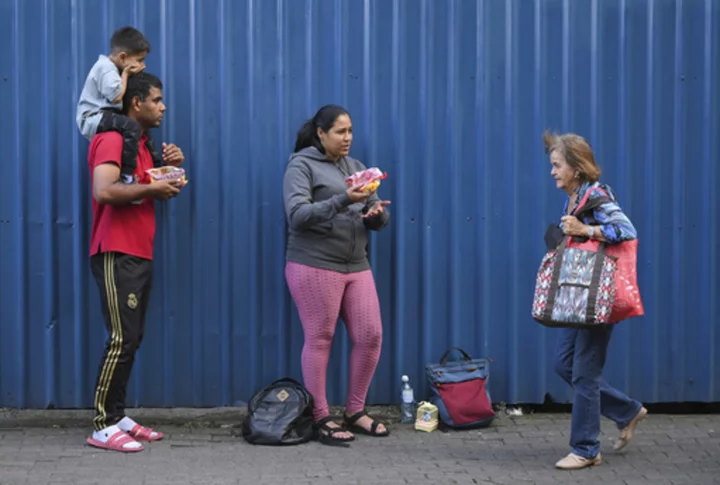
Costa Rica-US immigration agreement aims to manage region's flows

China's June coal output rebounds from six-month low

Who is Angelina Wiley? 22-year-old shooting victim credits her survival to Kim Kardashian's SKIMS bodysuit
